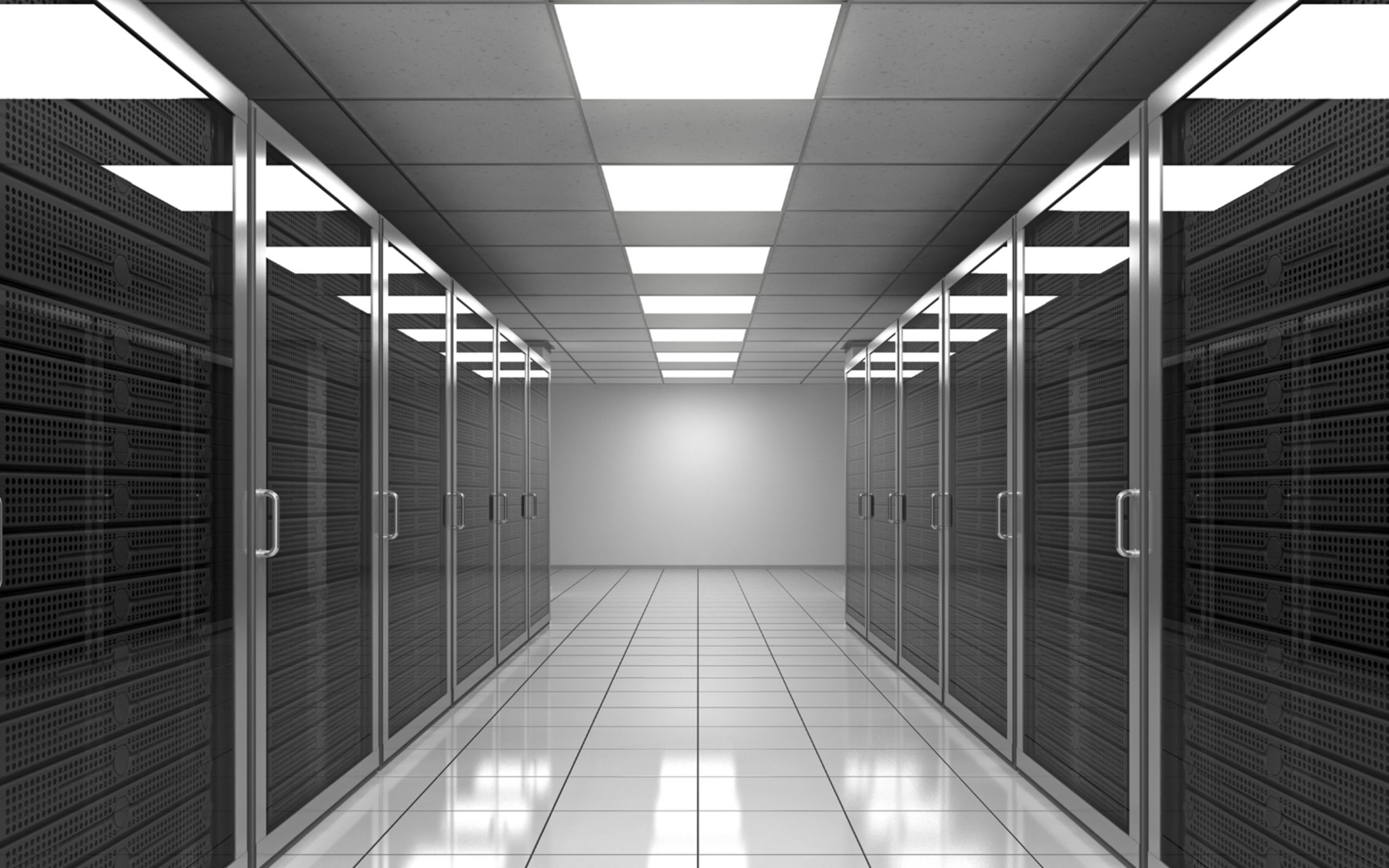Dell storage servers provide numerous advantages to companies big and small. At first glance, it may seem that a server and a storage array are one and the same. However, think again–a storage server does more than just store data; it also provides computing power to analyze that data! A Dell storage server not only stores information, but it also intelligently retrieves the data when needed. With this in mind, let’s take a closer look at the various types of Dell storage servers available–including the Dell EqualLogic Duo 10Gbe and the Dell EqualLogic Quad 40Gbe.
Dell EqualLogic Duo
The Dell EqualLogic Duo is a 2-server system that merges the simplicity and reliability of traditional hard drives with the high-availability and security of Solid State Drives (SSDs). Traditional hard drives have a number of drawbacks. They are mechanically sensitive and require constant maintenance to ensure that they continue to function correctly. They are also incredibly slow compared to other storage devices, creating unwanted data latency issues. SSDs, on the other hand, have virtually no moving parts and require negligible maintenance. They are also much faster than traditional hard drives, significantly reducing data-center latency and improving overall performance.
Because of the numerous benefits that SSDs bring to data centers, many companies have begun utilizing them in lieu of traditional hard drives. This is where the Dell EqualLogic Duo comes in. The Duo packs an impressive amount of storage into a tiny footprint, while also providing superior performance and reliability. Additionally, the Dell EqualLogic Duo is equipped with dual hard drives, further enhancing reliability and availability. The drive-failure protection of the Duo provides added protection against data loss, making it an ideal choice for mission-critical data.
Dell EqualLogic Quad
The Dell EqualLogic Quad is a 4-server system that merges the simplicity and reliability of traditional hard drives with the high-availability and security of Solid State Drives (SSDs). Traditional hard drives have a number of drawbacks. They are mechanically sensitive and require constant maintenance to ensure that they continue to function correctly. They are also incredibly slow compared to other storage devices, creating unwanted data latency issues. SSDs, on the other hand, have virtually no moving parts and require negligible maintenance. They are also much faster than traditional hard drives, significantly reducing data-center latency and improving overall performance.
Because of the numerous benefits that SSDs bring to data centers, many companies have begun utilizing them in lieu of traditional hard drives. This is where the Dell EqualLogic Quad comes in. The Quad packs an impressive amount of storage into a tiny footprint, while also providing superior performance and reliability. Additionally, the Dell EqualLogic Quad is equipped with dual hard drives, further enhancing reliability and availability. The drive-failure protection of the Quad provides added protection against data loss, making it an ideal choice for mission-critical data.
Dell Server
Dell server solutions bring the robustness and security of a data center to a company’s own office, allowing for increased productivity and flexibility.
In a typical company, less data is created and stored on-premise than in a data center. This is where the Dell server comes in. The Dell server provides a robust and secure platform that can be installed and maintained internally, by company personnel. The Dell server frees up valuable desk and storage space in the office, while simultaneously providing the reliability of a data center. The Dell server provides 24×7 access to critical resources, without the need to constantly depend on remote storage or IT support.
This is why the Dell server is typically the first choice for SMBs that need the robustness and security of a data center, but don’t have the budget or technical expertise to implement and maintain one.
Dell BLU Accelerator
The Dell BLU Accelerator is the perfect hybrid storage device, combining the performance of Solid State Drives (SSDs) with the simplicity and reliability of Hard Disk Drives (HDDs). Hard Disk Drives are the more traditional choice when it comes to data storage, having been available for decades. Nonetheless, Solid State Drives have begun to emerge as the technological choice for enterprise-level data centers, due to their low power consumption and high reliability. This has led to an explosion of interest in hybrid storage devices, combining the two to offer an optimal solution.
The advantage of a hybrid storage solution is that it combines the dependability and performance of Hard Disk Drives with the agility and capacity of Solid State Drives. HDDs provide the capacity to store an incredible amount of data, while also being highly efficient at retrieving and processing that data. SSDs, on the other hand, are extremely fast at storing and retrieving data, making them perfect for a number of tasks such as video, music and photo editing. This is where the Dell BLU Accelerator comes in.
The Best of Both Worlds
The BLU Accelerator offers a robust solution for businesses that need high storage capacity, while also desiring the simplicity and reliability of a Hard Disk Drive. The advantage of having both an HDD and an SSD in a single device is that you get the best of both worlds; the capacity of an HDD combined with the speed of an SSD.
HDDs are more reliable than Solid State Drives because they have fewer moving parts and require less maintenance. This makes HDDs a safe choice for companies that need to store and process large amounts of data. SSDs are fast and require less power to run, making them ideal for companies that need to store and retrieve large amounts of data. For maximum efficiency, businesses should choose an HDD at least as large as the RAM they will be using, otherwise, the data will be stored in temporary memory and thus be lost once the RAM is full.
In conclusion, the Dell BLU Accelerator offers the capacity of an HDD with the speed of an SSD, ensuring that businesses can store and process large volumes of data in a secure and reliable manner.
